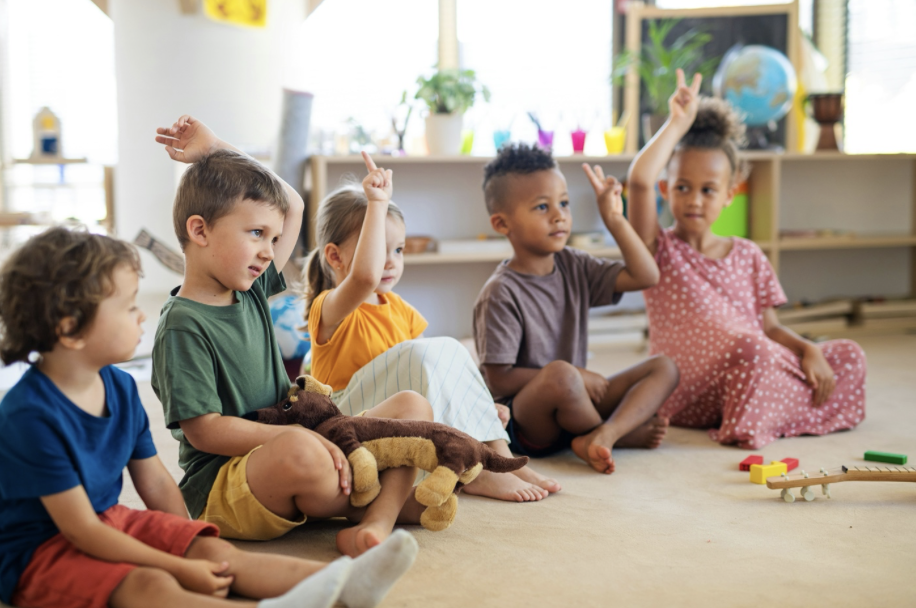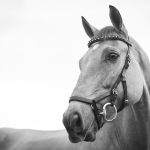
How Brooklyn Friends School Keeps a Trained Eye on Diversity, Equity, Belonging, and Excellence
Most educational institutions treat diversity initiatives and academic excellence as competing priorities, allocating limited resources between social programming and rigorous curriculum. Brooklyn Friends Schooloperates from a fundamentally different premise—equity and excellence strengthen each other when properly integrated into institutional culture and daily practice.
Head of School Crissy Cáceres articulates this philosophy through her leadership experience spanning nearly three decades.
“I have used social justice and belonging as critical uncompromisable agents of change and of growth and of expansion,” Cáceres says. “And I believe that you cannot do that unless you experience, knowing that you are fully seen and appreciated and loved in any given context, that there’s a limitation to that.”
Brooklyn Friends School implements this integration through systematic attention to representation, programming, culture, and outcomes measurement. Rather than treating diversity work as supplemental programming, the 157-year-old institution embeds equity principles into curriculum design, faculty hiring, student support systems, and community engagement practices.
Leadership Representation and Institutional Change
Cáceres made history when she joined Brooklyn Friends School in 2019 as the first head of color and first woman to lead the institution in 33 years. Her appointment signaled institutional commitment to representative leadership while bringing fresh perspectives to longstanding issues.
“My life’s walk has always been largely focused on the needs of others, almost exclusively, rather than how am I, in the context of that, in the process of meeting every need in front of me, am I also mining those that are showing up within myself? That’s my life’s growth step,” Cáceres reflects on her leadership philosophy.
Under her guidance, Brooklyn Friends School has maintained its academic reputation while expanding access and inclusion efforts.
Approximately 39% of students identify as students of color, reflecting the school’s commitment to demographic diversity that mirrors Brooklyn’s population. One in four families receives tuition assistance grants, making the independent school education accessible beyond affluent households.
Programmatic Approaches to Equity and Excellence
Brooklyn Friends School structures its educational mission around three core pillars, with Diversity, Equity, and Belonging forming one foundational element alongside Global Social Impact and Wholeness and Well-being. Rather than treating these as separate initiatives, the school integrates all three into curricular planning and student experience design.
Ninth-grade students participate in seminars introducing Quaker values, Diversity/Equity/Belonging principles, and Global Social Impact methodologies. Students research social issues and design group action projects addressing concerns such as gun violence or homelessness. Academic rigor combines with social consciousness development through structured learning experiences.
Upper School students pursuing the International Baccalaureate Diploma Programme engage with global perspectives through required coursework while completing Creativity, Activity, Service components. This combination ensures academic excellence occurs within frameworks emphasizing cultural competency and civic responsibility.
Brooklyn Friends School draws students from all five New York City boroughs, creating natural opportunities for cross-cultural exchange and perspective sharing. Rather than treating diversity as demographic characteristic, the school positions different backgrounds as educational resources enriching everyone’s learning experience.
Student affinity groups provide spaces for identity exploration and peer support while maintaining connection to broader school community. These programs address belonging needs without creating isolation, allowing students to celebrate their identities while building bridges across difference.
Community Culture and Belonging
Quaker principles provide foundational framework for addressing equity issues within school community. Weekly Meeting for Worship creates space where any community member may speak if moved to do so, regardless of age, position, or background. This practice models equality principles while developing listening skills and respect for diverse perspectives.
“I am somebody who is malleable to the human energy that’s in front of me. So I would say that my leadership walk is a responsive walk, is one that aims to truly know the heart breath of every human being that I engage with, to make space for the light that they bring in their own life’s walk,” Cáceres explains.
Conflict resolution processes emphasize restoration over punishment, creating opportunities for learning and community building. When behavioral issues arise, students participate in circles where they explain their actions, understand impact on others, and develop strategies for different choices. Community members support each other through growth processes rather than excluding those who make mistakes.
Brooklyn Friends School’s methodology to addressing controversial topics demonstrates commitment to both inclusion and intellectual honesty. Rather than avoiding difficult conversations, faculty guide students through complex issues using Quaker principles of seeking truth and respecting different perspectives.
Measuring Success Through Multiple Metrics
Brooklyn Friends School evaluates its diversity, equity, and belonging efforts through multiple measurement approaches rather than relying solely on demographic data or standardized test scores. Student retention rates, college admission outcomes, alumni engagement, and community feedback provide a comprehensive assessment of institutional effectiveness.
Academic excellence metrics include college acceptance rates, with 100% of graduates admitted to four-year universities. Students compete successfully for admission to selective institutions while maintaining the school’s commitment to developing compassionate, globally minded citizens.
Alumni careers demonstrate diverse pathways reflecting both academic preparation and values formation. Notable graduates include U.S. House Delegate Stacey Plaskett, novelist Francine Prose, and Beastie Boys member Adam Yauch, representing political leadership, literary achievement, and cultural influence
Faculty satisfaction and retention provide additional success indicators. When colleagues feel supported and valued, they create stronger learning environments for students. Professional development opportunities, collaborative evaluation processes, and shared decision-making contribute to a positive workplace culture.
“Our value proposition is that it makes me wish that we had as many children as could be in here as possible, because every time they go out in the world, we have just affected the social impact quotient exponentially just by every single child that comes from this school community,” Cáceres states.












